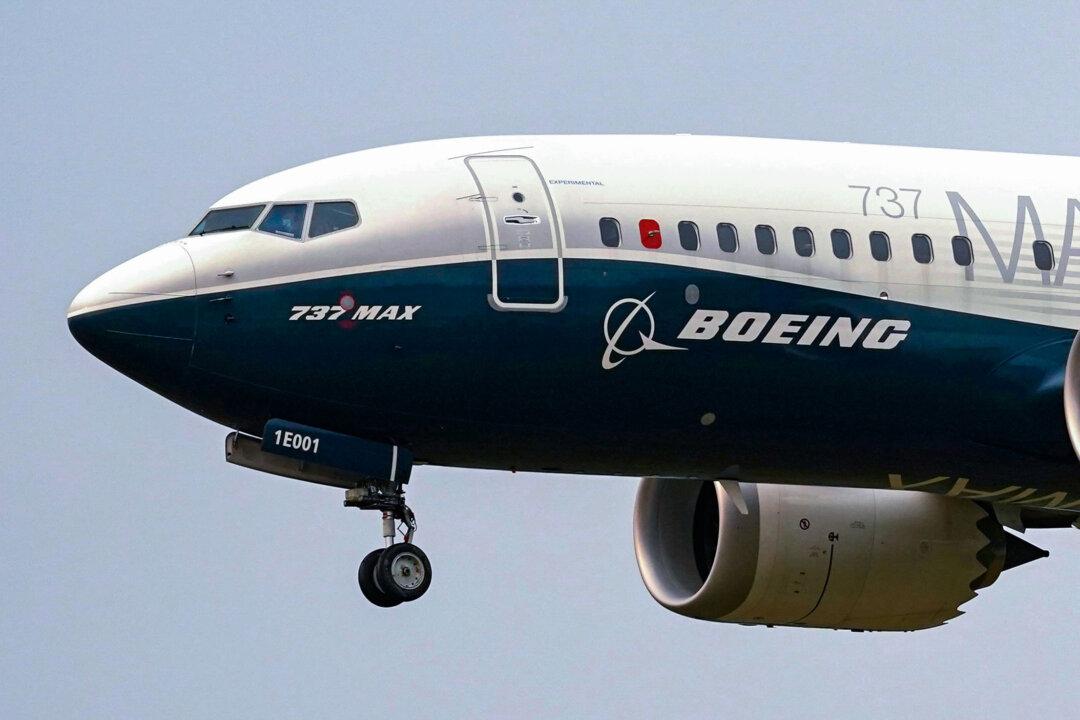Boeing will plead guilty to a criminal charge of defrauding the U.S. government over the deadly 2018 and 2019 737 Max crashes that killed 346 people, the U.S. Department of Justice (DOJ) said in a July 7 filing.
The DOJ first charged Boeing with defrauding the U.S. government on Jan. 7, 2021, after two crashes of its 737 Max 8 airplane. In a deferred prosecution agreement, the DOJ gave the company three years, until Jan. 7, 2024, to comply with new safety obligations in order to avoid charges.





